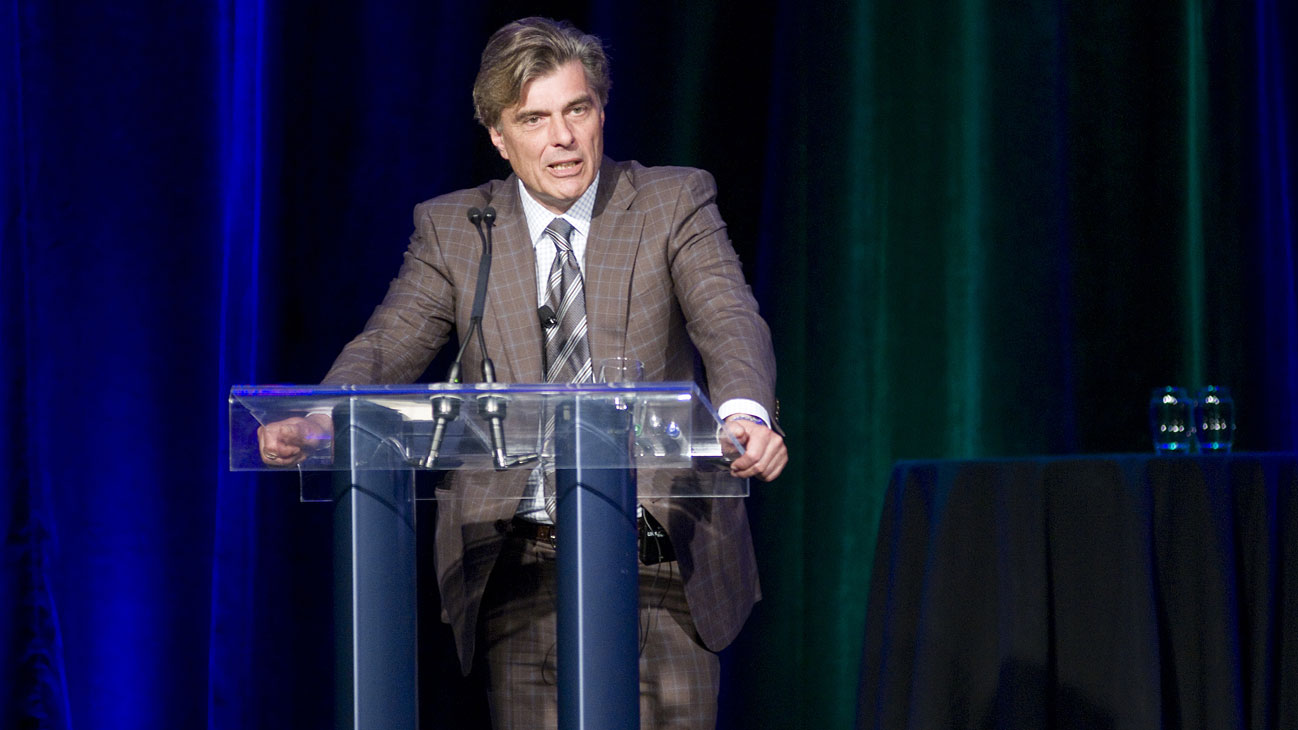Jeff Rubin was the former Chief Economist at CIBC World Markets (for almost 20 years), is a frequent columnist for The Globe and Mail, and is the bestselling author of Why Your World Is About to Get a Whole Lot Smaller, and The End of Growth. In this recent Globe and Mail column, Jeff examines why the recent recommendation by the IMF to raise fuel taxes is good for Canadians:
It’s tough to find any drivers who relish digging into their wallets to fill up at the pump. According to the International Monetary Fund, though, not only should fuel taxes jump by more than 50 per cent, the increase should have Canadians whistling a happy tune.
Now, here’s the real kicker: The IMF is right.
n a recently released study, Getting Energy Prices Right: From Principle to Practice, the IMF calculates what it considers to be the appropriate level of fuel taxes (a carbon tax by any other name) for 156 different countries. The IMF argues that increasing fuel taxes would encourage a green shift that would be good for not just the environment, but the economy too.
It’s certainly not what the Harper government wants to hear. Federal Finance Minister Joe Oliver summarily dismissed the book’s recommendations, saying he opposes additional taxes that would make Canadians pay more for gasoline.
Such a knee jerk reaction is predictable, but is it correct?
To be fair to Mr. Oliver, most Canadian drivers probably agree with him on fuel taxes. They already think they’re paying too much to fill up. Their natural benchmark is the cost of gasoline in the U.S. Gas is certainly cheaper across the border, but the U.S. also has the lowest fuel taxes of any country in the OECD.
Across the Atlantic is a different story. Anyone who’s filled up the tank of a rental car while on a motoring holiday in Europe knows just how low Canada’s fuel taxes really are by international standards.
The IMF proposals call for increasing taxes on gasoline from approximately 36 cents a litre to 55 cents and moving from 42 cents to 62 cents a litre for diesel. At first blush, no one wants to pay another 20 cents a litre to fill up, but that doesn’t account for what drivers get in return. And I’m not just talking about a cleaner environment.
The appealing subtlety of the IMF’s proposal is that it can actually be revenue neutral, meaning any increase to fuel taxes would be offset by cuts elsewhere. I’m sure drivers would find paying higher pump prices more appealing if they knew that Mr. Oliver was willing to cut their personal income taxes by an equivalent amount.
In B.C., motorists don’t seem to mind paying a higher fuel tax, which adds an additional 7 cents per litre to the price they pay at the gas station. While the province’s five-year-old carbon tax means B.C. residents pay higher pump prices, offsetting cuts to their personal income tax have left them with the lowest tax rates in the country.
Contrary to what Mr. Oliver is selling, revenue-neutral carbon taxes won’t increase the amount of taxes paid by Canadians, instead they’ll just shift the tax burden to other areas.
Whether individuals are better off for this quid pro quo depends on how carbon taxes affect fuel consumption. If it has no effect, then chances are a person won’t be any better off. Any extra disposable income that stems from a cut to personal income taxes would be soaked up by the added cost of filling up at the pumps.
On the other hand, if higher fuel taxes work as intended and get drivers to burn less carbon, then those people will find themselves ahead.
That’s what seems to be happening right now in B.C. Higher gasoline prices encourage more judicious use of vehicles, which translates into drivers spending less on fuel in a given year. The extra money that’s freed up from the offsetting cut to personal income taxes is now available to be spent on anything else a person wants to buy. That leaves everyone living greener and drivers with more of their paycheque to spend.
I think most Canadians would call that a win-win.

